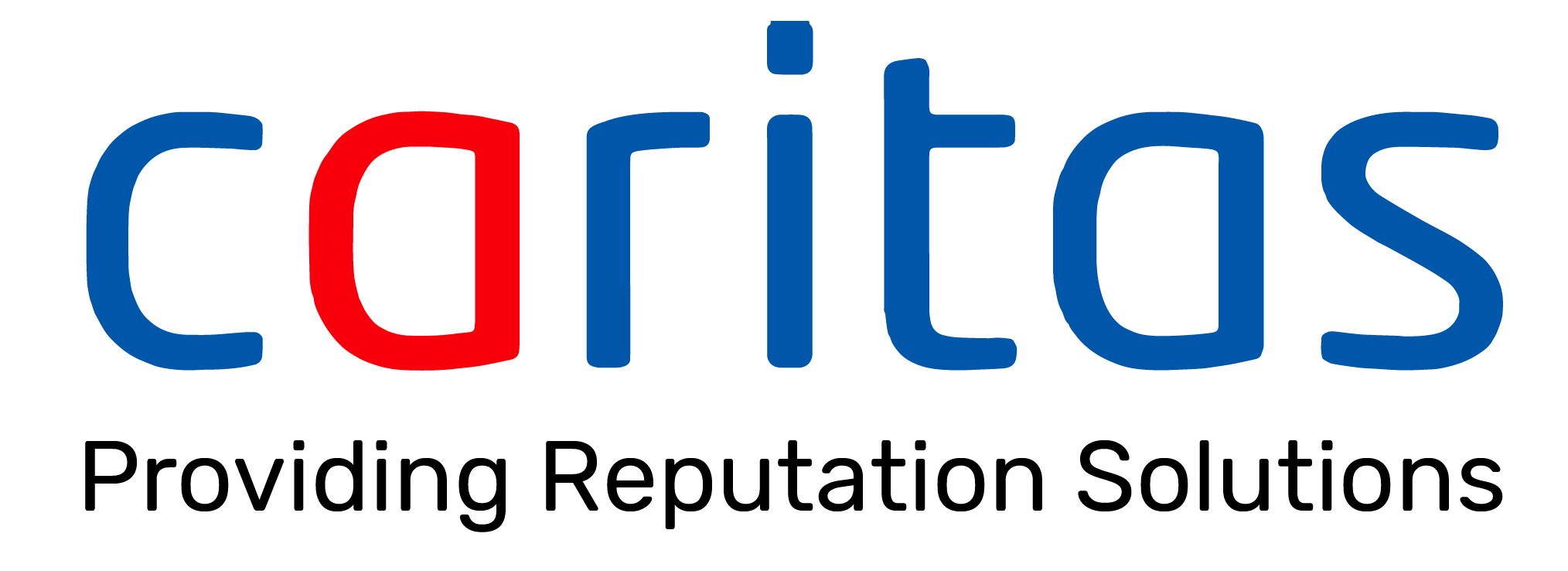The continuous increase of active cases of COVID-19 in Nigeria stands at 17,192 active cases and 684 deaths as of 9th of July, 2020. The COVID-19 pandemic has plunged businesses in Nigeria into undergoing inevitable forms of modifications in order to survive and remain relevant. Despite frantic efforts and the myriad of strategies employed by some business owners to keep their businesses afloat in the midst of the pandemic, statistics from the Nigeria Employers’ Consultative Association (NECA), shows that 74.2% of businesses in Nigeria have failed to withstand the economic downturn ravaged on the country by the Covid-19 Pandemic. This blog post elucidates the diverse ways in which COVID-19 has reshaped businesses in Nigeria
IMPLEMENTING AUSTERITY MEASURES
Most small, medium and large scale businesses are in dilemma as a result of the difficulties the crisis has triggered. Currently, there is a decline in the circulation of funds and low-income revenue for most firms. As a result of this, most businesses have had to adopt austerity measures by cutting administrative costs, laying off staff as well as cutting the cost of production. A perfect example of a company that had to adopt austerity measures in Nigeria is Andela who laid off 135 members of its workforce due to the effect of COVID-19 on their business.
ADOPTING DIGITAL TECHNOLOGY
Working from home has become the order of the day as most businesses have chosen this format in order to curb the spread of the virus. In as much as most companies are working remotely, there are some tasks that they can’t do remotely. So, there is a reduction in the efficiency of some departments. Due to this fact, most companies are leveraging on digital-based supervisory means to communicate and engage both staff and clients more often, via oom and skype meeting. Using Caritas Communications as a case study, the Communications agency has fully engaged digital strategies activities which has helped in effective communication with both employees and clients.
CHANGE IN BUSINESS MODEL
Businesses are exiting unprofitable business operations that are not generating revenue so that they can be more productive. Thus, they are venturing into businesses that would generate funds this period.
An example is Eko Hotels and Suites. Due to the pandemic, hotels are closed for business but the brand is not letting the effects of the pandemic slow them down as they put their restaurant to good use and even deliver meals.
If a whole Eko hotel can start a food business, e don red be that. Now, they can deliver to you. People that before they bring your food when you lodge there, you go nearly consult Sango… hmmm! Coro you bad o! pic.twitter.com/FC9rZ95t7Y
— Do2dtun Energy gAD (@iamDo2dtun) April 24, 2020
Although some businesses are going through a hard time, other revenue streams have opened up. For example, the pandemic has led to the spring-up of companies producing facial masks, hand gloves, hand sanitizers amongst others, because of the high demand for these products. Most pharmaceutical companies have seized this opportunity to produce immune-boosting medications and other consumables used in COVID-19 isolation centers.
Also, looking at the banking sector, most banks are ensuring that their customers do not encounter network failure as there is an increase in the use of online payment methods.
All this and more are the ways COVID-19 has affected businesses in Nigeria. How has COVID-19 affected your business or businesses around you?

